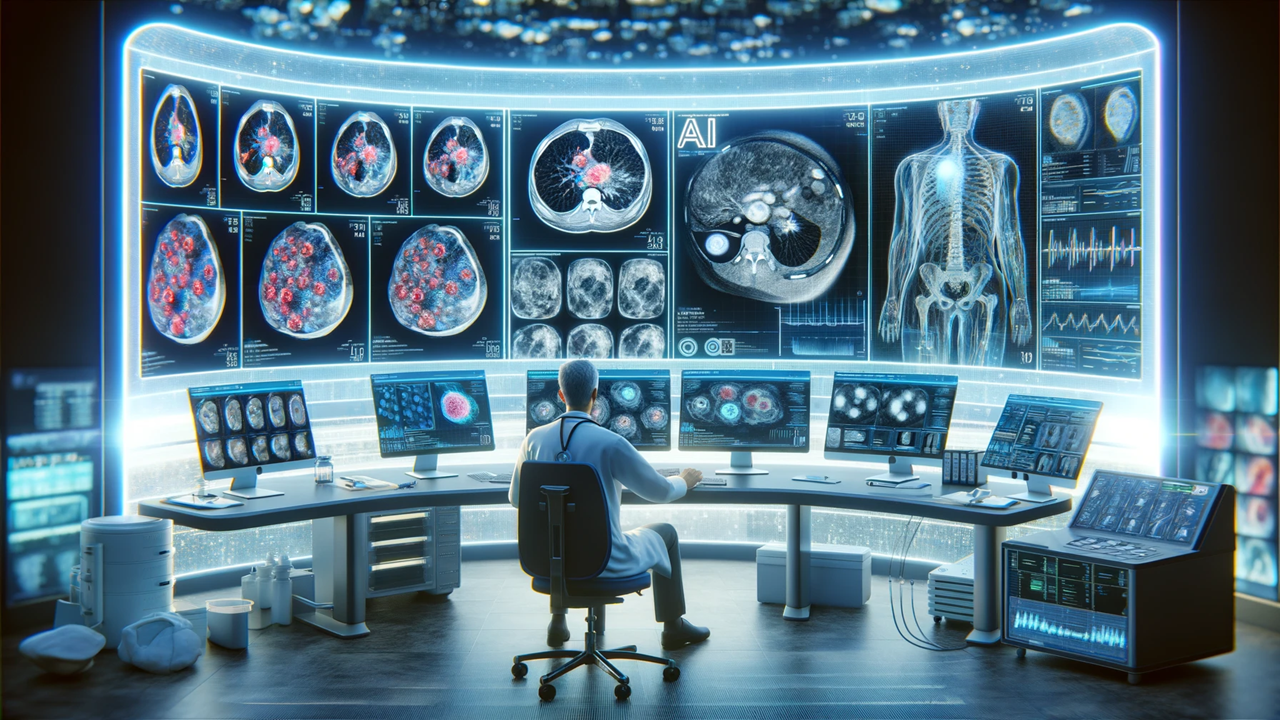The International Atomic Energy Agency (IAEA) has officially designated the Faculty of Medicine Ramathibodi Hospital at Mahidol University in Thailand as the latest Rays of Hope Anchor Centre, marking the tenth such Centre worldwide and the fourth in the Asia-Pacific region. The announcement, made during the IAEA’s 68th General Conference, highlights the Agency's commitment to addressing global disparities in cancer care through its Rays of Hope: Cancer Care for All initiative.
“Rays of Hope has become one of the most sought-after and supported programmes in the IAEA’s history,” said IAEA Director General Rafael Mariano Grossi during the side event Realizing Hope for All: Rays of Hope Anchor Centres – One Year On. “Anchor Centres set an example by amplifying the reach of cancer care to underserved areas.”
Ramathibodi Hospital: A Leader in Radiation Medicine
Established in 1968, Ramathibodi Hospital has long been a pioneer in radiation medicine, cancer treatment, and research. The hospital has collaborated with the IAEA on numerous initiatives, including contributing over 65 experts to IAEA missions and participating in quality assurance programmes like QUATRO (Quality Assurance Team for Radiation Oncology) and QUANUM (Quality Management Audits in Nuclear Medicine Practices).
Through its partnership with the IAEA, the hospital has also advanced research in radiotherapy quality assurance for low- and middle-income countries and optimized radiopharmaceutical production for prostate cancer treatment. Additionally, it has hosted various IAEA training courses and workshops on advanced imaging and radiopharmaceutical applications.
Role in the Rays of Hope Mission
As an Anchor Centre, Ramathibodi Hospital will play a pivotal role in the Rays of Hope initiative by:
Training Medical Professionals: Providing expertise in radiotherapy, radiology, nuclear medicine, and medical physics.
Technical Assistance: Supporting other cancer care facilities with technical guidance and capacity building.
Educational Development: Contributing to the creation of curricula and operational strategies for the effective use of radiation medicine.
Workshops and Research: Organizing regional and interregional events to enhance cancer care practices and foster collaborative research.
“Our institution is committed to innovation and adaptability. As an IAEA Anchor Centre, we are ready to serve as a regional hub for healthcare training, collaborative research, and establishing protocols tailored to our region’s needs,” said Artit Ungkanont, Dean of the Faculty of Medicine, during the signing ceremony.
Global Collaboration and Industry Support
Over the past year, Anchor Centres have hosted training sessions and workshops, demonstrating their role as pillars of the Rays of Hope programme. May Abdel-Wahab, Director of the IAEA Division of Human Health, emphasized their contribution to fostering innovation, sustainability, and capacity building in cancer care.
Further bolstering the initiative, three leading dosimetry companies—IBA Dosimetry, PTW-Freiburg, and Standard Imaging—announced financial and in-kind support for the Anchor Centres. These contributions aim to enhance the Centres’ access to state-of-the-art radiation measurement technologies, which are critical for ensuring precision and safety in cancer treatment.
A Vision for Long-Term Impact
The addition of Ramathibodi Hospital to the Anchor Centre network underscores the importance of regional hubs in tackling cancer care disparities. With a focus on research, education, and quality assurance, these Centres are integral to achieving the Rays of Hope mission of equitable cancer care for all.
As the IAEA strengthens its efforts to combat the global cancer burden, initiatives like Rays of Hope and Anchor Centres are paving the way for sustainable progress in healthcare, particularly in regions most in need.











